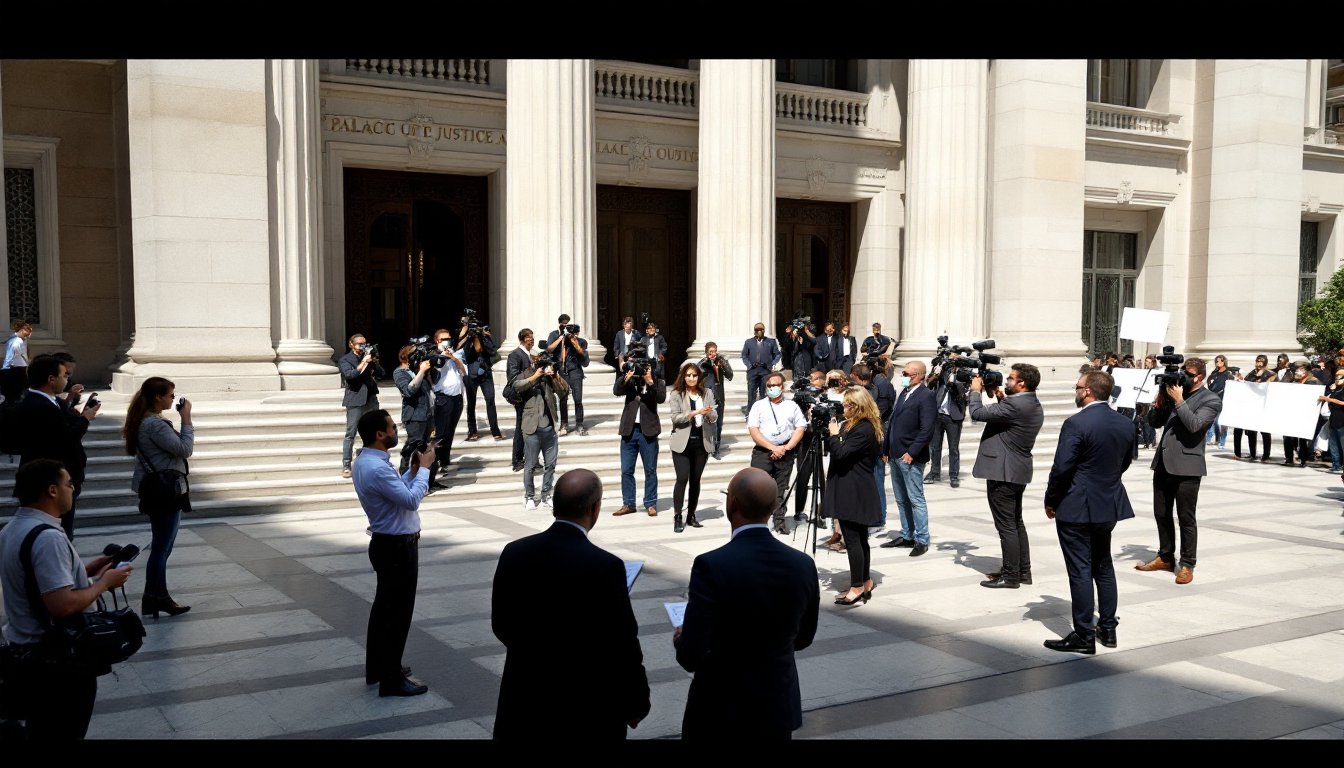In a landmark decision, the Superior Tribunal of Bogotá has acquitted former Colombian President Alvaro Uribe of charges related to fraud and bribery. This ruling marks a pivotal moment in a long-running legal saga that has drawn national attention. The court’s judgment, detailed in a lengthy document exceeding 700 pages, emphasized the prosecution’s failure to substantiate claims that Uribe orchestrated a criminal conspiracy aimed at obstructing investigations into his family’s purported connections with paramilitary organizations.
Background of the case
The charges against Uribe date back to and revolve around alleged attempts to manipulate witness testimonies. Initially condemned in August of this year, Uribe was sentenced to twelve years of house arrest under the accusations of witness tampering and procedural fraud. The prosecution asserted that Uribe had sought to influence the statements of imprisoned paramilitaries, specifically targeting individuals known as Carlos Enrique Vélez and Eurídice Cortés, to alter their narratives concerning his alleged involvement with paramilitary groups.
Critical analysis of the ruling
Judge Manuel Antonio Merchán, upon reviewing the evidence, concluded that the prosecution had not adequately proven that Uribe had instigated any wrongdoing. According to reports, the judge stated, “There was no evidence to support that Álvaro Uribe Vélez prompted the crime of bribery in a judicial proceeding.” This critical finding underscores the challenges faced by the prosecution in establishing a credible case against the former president.
Implications of the acquittal
Despite the favorable ruling for Uribe, the case is far from resolved. The parties involved still retain the option to present their arguments to the Supreme Court, which now has a five-year window to deliberate on the future of this contentious situation. The initial accusations stemmed from Uribe’s own legal actions against Senator Iván Cepeda, who he claimed attempted to procure false testimonies against him while incarcerated.
Continuing legal complexities
While Uribe’s acquittal represents a significant legal victory, it does not eliminate the complexities surrounding the case. The prosecution’s inability to establish a strong link between Uribe and the alleged bribery raises questions about the integrity of the evidence previously presented. The judge highlighted that neither Vélez nor Cortés directly implicated Uribe in their testimonies regarding any financial incentives. In fact, the funds received by Cortés were characterized as logistical support for her court appearances, rather than an effort to skew her statements.
This ruling may influence future legal proceedings in Colombia, especially concerning high-profile cases that involve political figures. The decision also reflects the ongoing tensions within the Colombian judicial system as it grapples with cases involving corruption and political influence.
Conclusion
The reversal of Alvaro Uribe’s conviction not only highlights the complexities of legal accountability in politics but also underscores the importance of rigorous evidence in judicial proceedings. As this case continues to unfold, it serves as a reminder of the intricate balance between law and politics in Colombia. Uribe’s journey through the judicial system will likely remain a focal point in discussions about political integrity and corruption in the nation.




